US LGBT History Month: A timeline of struggle, celebration and (slow) progress
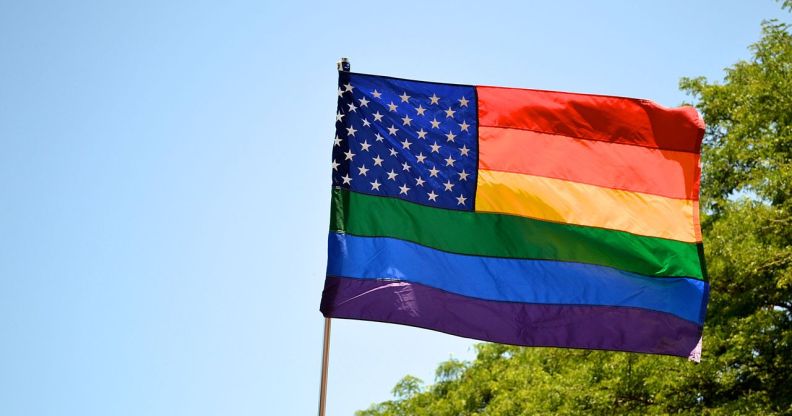
In honour of LGBT History Month, we’re looking back at lesbian, gay, bisexual and transgender history, as well as the history of the gay rights movement.
Occurring annually, LGBT History Month takes place in the United States in October to coincide with National Coming Out Day on October 11.
From the very first gay rights society in 1924 to 2015’s ruling that same-sex marriage in the US is legal, here are some of the most important and interesting LGBT milestones from American history…
1924
Henry Gerber founds the Society for Human Rights in Chicago, making it the first documented gay rights organisation. It was quickly suppressed within months of its establishment.
1927
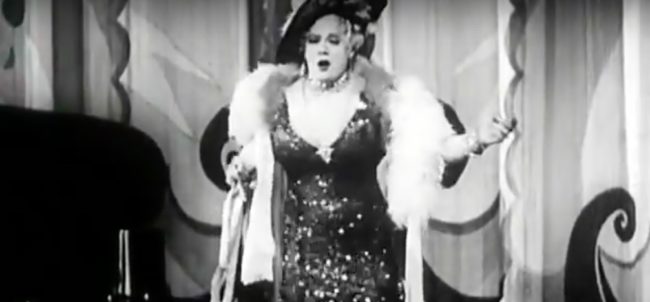
A period in the late 1920s and early 1930s called the Pansy Craze saw a surge in the popularity of gay clubs and performers. People in the LGBTQ community performed on stages in cities around the world, with New York’s Greenwich Village, Times Square and Harlem hosting some of the most renowned drag acts of the 1920s.
According to Variety, Gene Malin (pictured above) was “the best entertainer in the Village joints along the pansy lines” – that is until he died in 1933, beginning the end of the Pansy Craze.
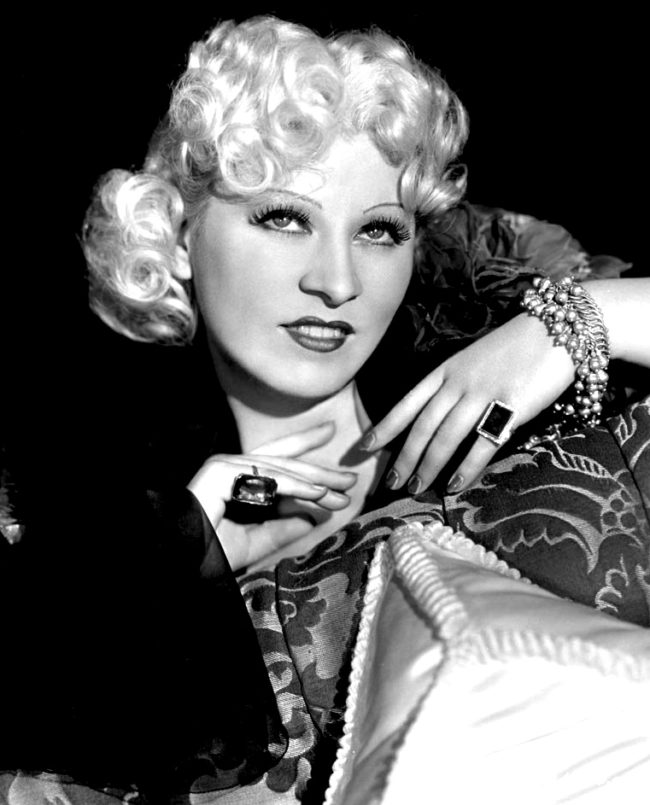
In 1927, Mae West was jailed for her play The Drag, which was widely panned by critics for its open portrayal of homosexuality and cross-dressing.
1929
The Surprise of a Knight becomes the earliest known gay pornographic film made in the US. It depicted exclusively homosexual intercourse.
1950
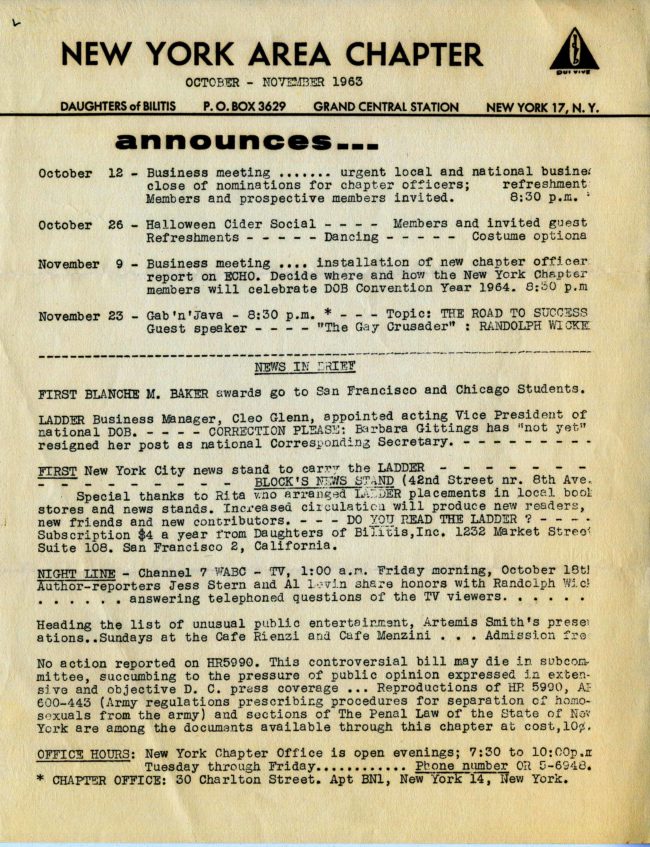
Newsletter, Daughters of Bilitis (New York), 1963
Activist Harry Hay forms the Mattachine Society, one of the first gay rights groups in the US, which aimed to protect and improve the rights of gay men. As part of the homophile movement of the 50s and 60s, other gay rights organisations were created, including the Society for Individual Rights, and the first known lesbian rights organisation in the US – the Daughters of Bilitis.
1952
Homosexuality is listed as a sociopathic personality disturbance by the American Psychiatric Association. It wasn’t removed until 1973.
1958
ONE, Inc., a spinoff of the Mattachine Society, published the pro-gay ONE: The Homosexual Magazine in 1952. In 1958, the US Supreme Court rules that the publication is not obscene, and it is therefore protected by the First Amendment.
1961
Illinois becomes the first US state to decriminalise homosexuality by repealing their sodomy laws.
1969
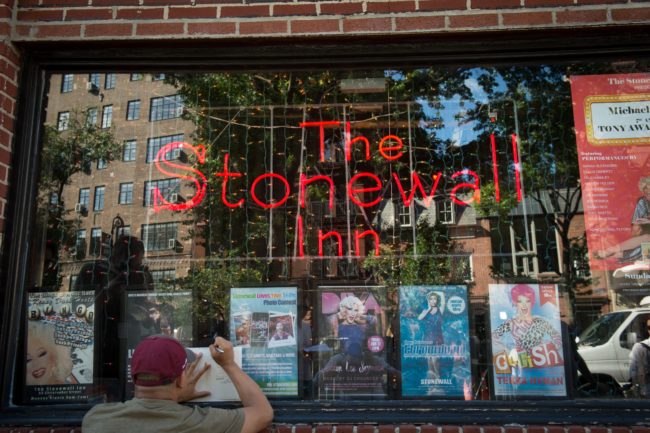
The Stonewall Inn in Greenwich Village, New York City is raided by police in the early hours of June 28, 1969. It kicks off protests and demonstrations known as the Stonewall Riots, and changes the course of LGBT history.
1970
On June 28, 1970, people in NYC marched through the streets on the one-year anniversary of the Stonewall riots. Originally named Christopher Street Liberation Day, the event is now considered the first gay pride parade.
1973
Maryland becomes the first state to statutorily ban same-sex marriage.
1972
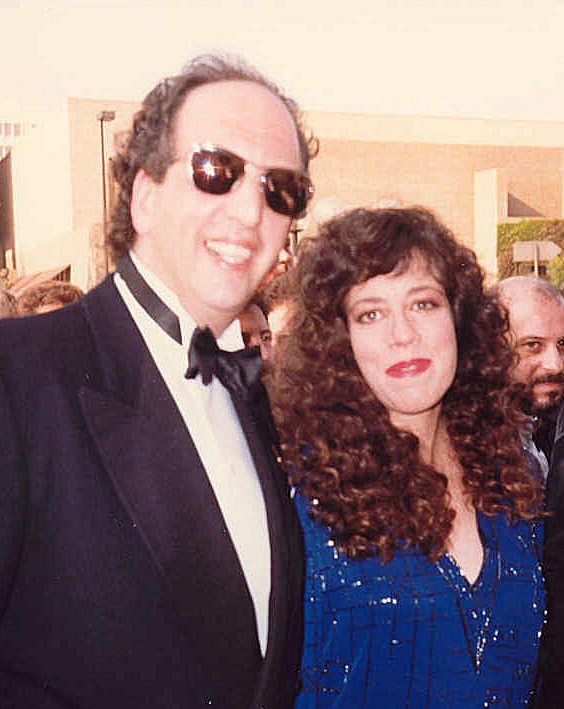
Vincent Schiavelli (Creative Commons)
The first central, recurring LGBT character hit screens in the shape of Peter Panama, played by Vincent Schiavelli.
Schiavelli starred in ABC sitcom The Corner Bar, which followed the lives of drinkers at Grant’s Tomb tavern – including flamboyant set designer Peter.
1977
Sitcom parody Soap is thought to have featured one of the first recurring gay characters, Jodie Dallas.
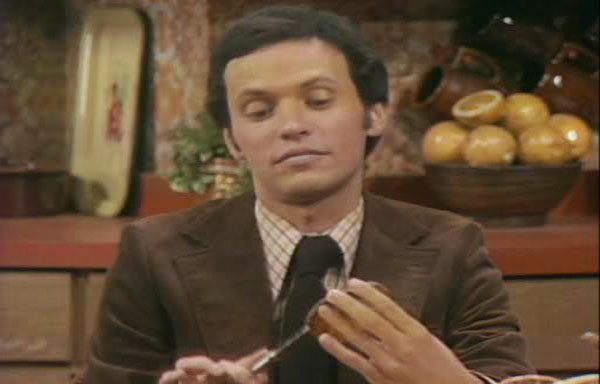
Credit: ABC
Billy Crystal starred as a gay dad – who fathered a child after a one-night stand – having an affair with a famous quarterback and contemplating gender-reassignment surgery.
He amassed considerable media attention for the portrayal.
1978
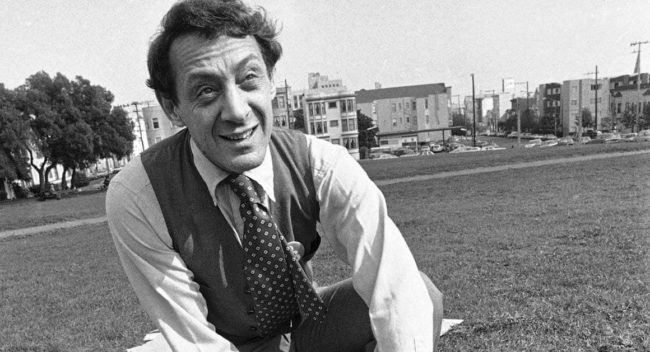
Harvey Milk, the first openly gay politician to be elected in America, is assassinated.
The San Francisco politician had united the local gay community and made several attempts to get elected, making it onto the San Francisco Board of Supervisors in 1977.
He only held his position for 11 months before being assassinated by former supervisor Dan White.
Milk’s rise to power and subsequent assassination was a watershed moment for the LGBT rights movement, sparking anger at the homophobic persecution still present in society.
1978

Inspired by Harvey Milk to develop a symbol of pride and hope for the LGBT community, Gilbert Baker (pictured above) designs the first rainbow flag.
1979
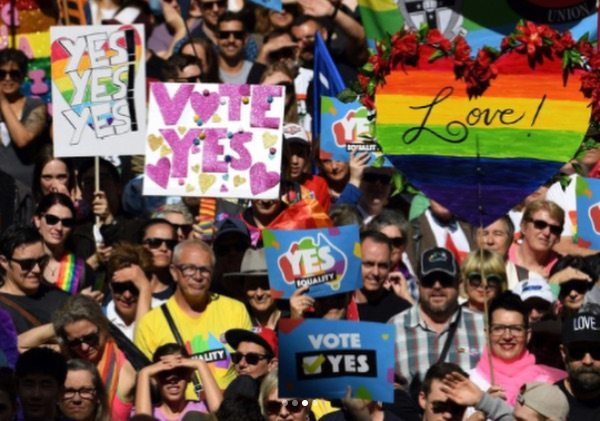
The first National March on Washington for Lesbian and Gay Rights takes place on October 14, 1979. Between 75,000 and 125,000 people marched for LGBT rights.
1982
Wisconsin outlaws discrimination based on sexual orientation, making it the first US state to do so.
1997
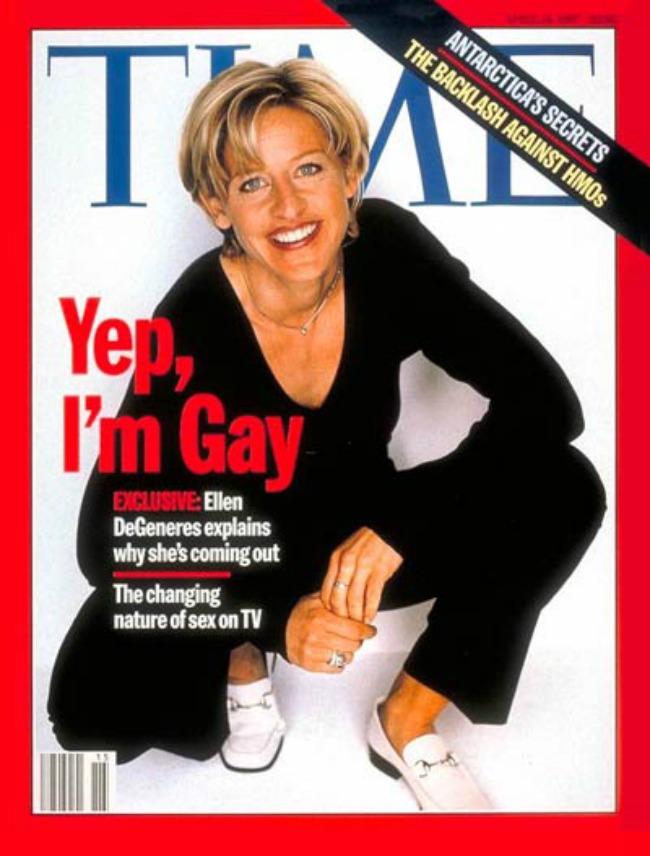
2017 marks Ellen DeGeneres’ 20th anniversary of her coming out. Back in 1997, she was featured on a TIME magazine cover with the words: “Yep, I’m gay.”
Shortly after, her sitcom character, Ellen Morgan, also came out – and became one of TV’s first openly gay main characters.
2000
On April 26, Vermont became the first state to legalise civil unions between same-sex couples.
2004
The first legal same-sex marriage in the US takes place in Massachusetts on May 17, 2004.
2009

Harvey Milk is posthumously awarded the Medal of Freedom by President Barack Obama.
2015
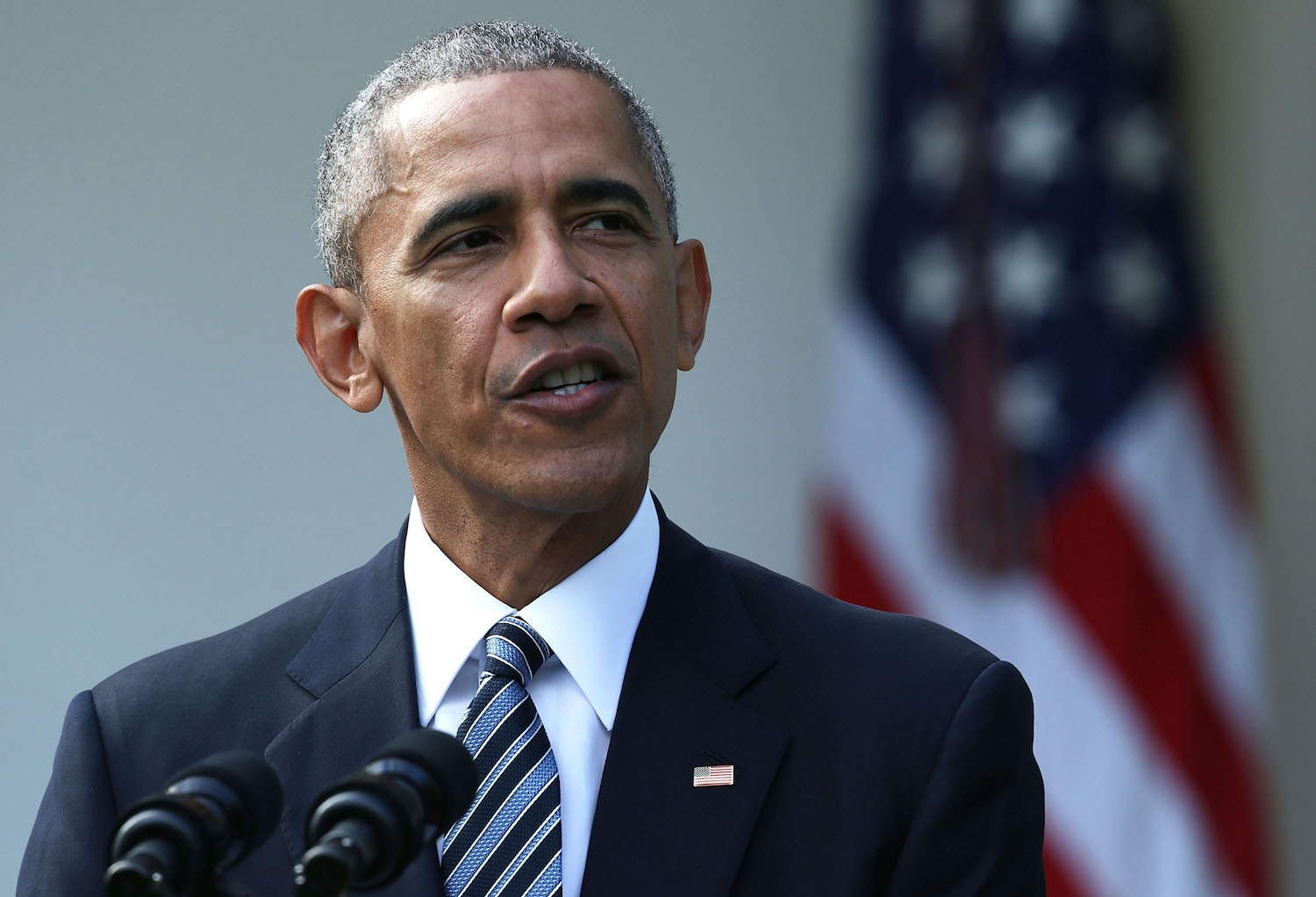
The US Supreme Court rules that same-sex marriage is a legal right across the United States on June 26, 2015.
It meant that the 14 states with bans on same-sex marriage could no longer enforce them. President Barack Obama said the ruling was a “victory for America”.
“When all Americans are treated as equal, we are all more free,” Obama said.

